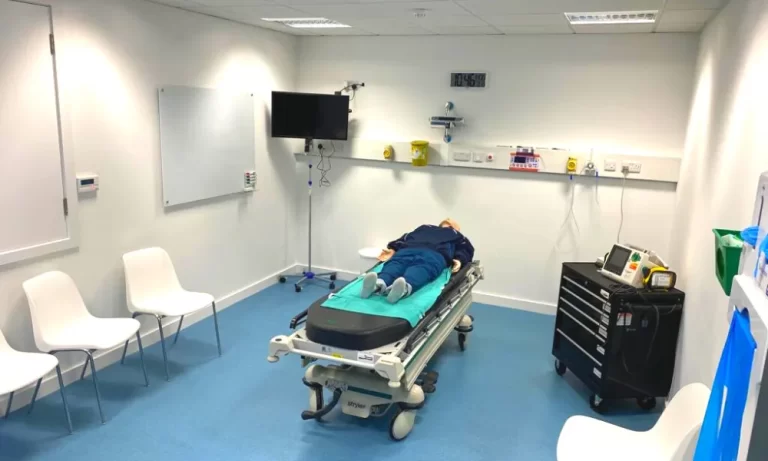
Kidney cancer, also known as renal cancer, is a disease that causes the kidney cells to become cancerous or malignant.
Most kidney cancers first appear along the lining of the kidney’s tiny tubes. This is known as renal cell carcinoma. Fortunately, in most cases, kidney cancers are detected before it spreads to other organs. This increases the chances of successful treatment. However, in some people, kidney tumors can grow quite large before they are detected.
What causes kidney cancer?
In most cases, kidney cancer occurs in people above the age of 40; but, there are exceptions to this rule. The actual cause of kidney cancer is yet to be discovered. However, scientists have found that certain factors could increase the risk of developing this disease.
The main risk factors for the development of kidney cancer are:
Smoking
Smoking is one of the main risk factors for kidney cancer. If you are a smoker, you have an increased risk of developing kidney cancer.
Overweight
Obesity can cause the secretion of specific hormones in the body, which might cause malignancy in the kidneys in some people.
Certain painkillers
The usage of certain pain medications for extended periods can also lead to the development of kidney cancer. So, do not take painkillers without your doctor’s advice.
Kidney disease
If you have advanced kidney disease needing dialysis, it could lead to malignancy in the later stages.
Genetic conditions
Genetic conditions, such as von Hippel-Lindau disease, could lead to renal cell carcinoma development. In addition, people with multiple family members afflicted with kidney cancer are at increased risk, even without a genetic disorder.
Exposure to chemicals
Workplace exposure to trichloroethylene causes kidney cancer. Unfortunately, this chemical is still available in India.
High blood pressure
People having high blood pressure are more vulnerable to kidney cancer.
Being man
Compared to females, males are more prone to get kidney cancers.
Symptoms of Kidney Cancer
The symptoms of kidney cancer can vary from person to person. In most cases, a person may not get any early signs. But as the tumor grows, one may start experiencing symptoms. At times, kidney cancer is incidentally diagnosed when you do a CT scan or ultrasound of the tummy for other reasons.
The main symptoms of kidney cancer include:
- Blood in your urine: Mostly, the cause of blood in urine is not cancer, instead due to some benign conditions. It could arise due to any condition affecting the urinary tract, such as kidneys, urine tubes, and urinary bladder. However, blood in urine is not normal. So, do consult your doctor to find out the cause of the bleeding.
- Loss of appetite
- Extreme fatigue
- Sudden weight loss
- Anemia
- Lump in the side of your abdomen
- Back pain towards one side, not midline.
- Unexplained fever lasting for weeks
- Swollen legs or ankles
If the kidney cancer spreads to other parts of your body, you may get other symptoms, such as:
- Bone pain
- Coughing up blood
- Shortness of breath
What is the treatment for kidney cancer?
Once a cancer diagnosis is made, the doctor will decide the treatment according to the tumor stage, type, and extent.
Some of the standard treatments include:
Surgery
The operation might include complete or partial removal of the diseased kidney. After the procedure, in due course of time, the other healthy kidney takes over the role of both kidneys.
Tablets
Chemotherapy doesn’t have much role in kidney cancer treatment. Nevertheless, there are many effective targetted therapy available as tablets to be taken at home. The common ones used are sunitinib and pazopanib (Votrient). In addition, the use of immunotherapy is also effective in some cases.
Radiation
Suppose an operation cannot be done due to other medical illnesses or due to old age. In that case, stereotactic body radiation (SBRT) can be tried to cure localized kidney cancer.







